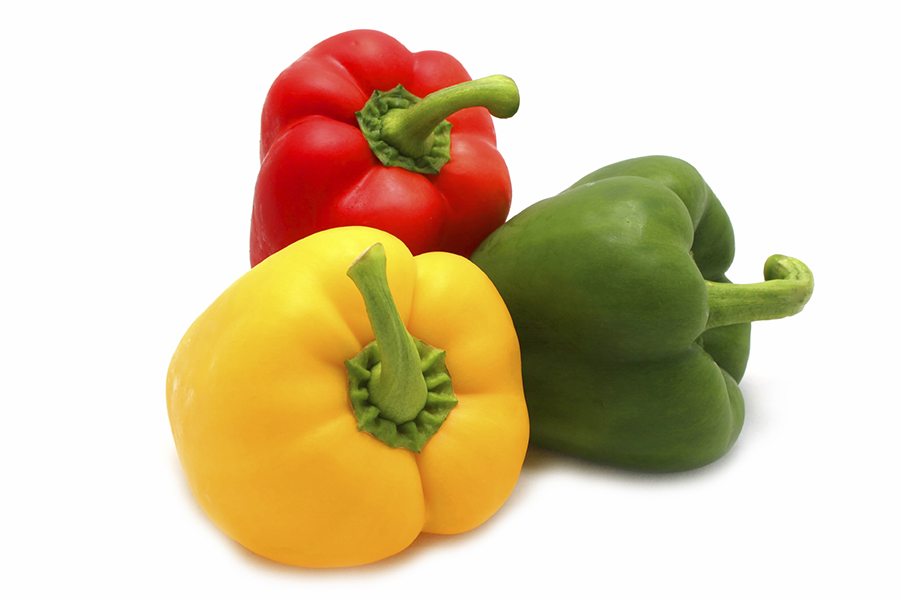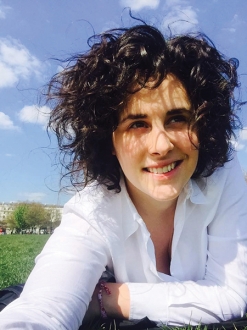“Bell pepper — definitely”: This is the answer you will probably get when asking a sommelier or oenologist, what is the typical tasting note of Cabernet Sauvignon — even in the first days of studying in the wine business. I remember perfectly the moment, at the sommelier school in Italy.
 We blind-tasted — as it is usually done in order to avoid bias — our first Cab Sauv, and the teacher pronounced this magic word. I instantly looked at my neighbor in order to find a hint of confirmation in his body language. Despite my deep and prolonged inhales, I found nothing similar to bell pepper in the wine, I also found nothing in his eyes but the same confusion that reigned inside me. And, as it happens in cases of extreme embarrassment, the class burst out laughing in all awkwardness, and, to my surprise, the teacher smiled, saying: “Don’t worry, guys. You’ll get there, too.” (So was it OK then not to smell tobacco, ripe red fruit and the damned bell pepper and nothing but — wine?) “Think about it,” he added afterwards, “Have you ever smelled a bell pepper before?”
We blind-tasted — as it is usually done in order to avoid bias — our first Cab Sauv, and the teacher pronounced this magic word. I instantly looked at my neighbor in order to find a hint of confirmation in his body language. Despite my deep and prolonged inhales, I found nothing similar to bell pepper in the wine, I also found nothing in his eyes but the same confusion that reigned inside me. And, as it happens in cases of extreme embarrassment, the class burst out laughing in all awkwardness, and, to my surprise, the teacher smiled, saying: “Don’t worry, guys. You’ll get there, too.” (So was it OK then not to smell tobacco, ripe red fruit and the damned bell pepper and nothing but — wine?) “Think about it,” he added afterwards, “Have you ever smelled a bell pepper before?”
I did not. Neither did my neighbor. Nor anyone in the room, except for one of the pupils, who happened to be a chef. I immediately understood that in his words lay the whole point of the wine-tasting technique. How are you supposed to recognize notes in wine if you did not smell the scents in their original form?
I have always considered smell the most underrated sense among all five, and studying as a somm has only strengthened that idea. We as human beings tend to give more importance to the two senses that require less attention — sight and hearing. It’s the opposite of what we do as kids, when the other three senses are privileged in the hierarchy, especially taste, and we use the mouth to discover and categorize basically everything. Of course, the abrupt change in the sense ladder is probably caused by the attitude we are required to keep if we want to live in society, where we can hear and see anything freely and without being noticed if we are sneaky enough. Whereas we cannot randomly taste or smell stuff — and let’s not even talk about touching it.
As a passionate wine-taster, I feel compelled to disrupt this hierarchy, which we create unknowingly, and I do this thanks to wine-tasting technique, the fundamentals of which I started to apply when smelling everything, especially food. When I try this with people they are impressed at what their nose can do if employed correctly. If it is true that some of the tasting process is left to personal interpretation, thanks to what a teacher of mine used to call “little drawers in one’s memory,” a big part of it is the mastering of a defined technique. This same technique, which, for example, lets somms recognize a vegetal from a fruity scent, has its roots in that irrational curiosity human beings have in the first years of their lives. In some sense, the tasting technique is a return to the inner kid in oneself. The truth is the more memory drawers you possess, the easier it is to master the technique.
I am not advising anyone to attend a wine-tasting crash course, even though I am convinced it would help drinking awareness and enhance responsibility in alcohol consumers, especially really young ones, who embrace booze as a social aggregator and a status symbol with little conscience if any. Surely, though, using our sense of smell more would help us in daily life, a little at first and more and more as we open and create more memory drawers. It would help us with food, analyzing freshness and ripeness, for example, and could inevitably lead to a better diet. We desperately need to close the gap between what we eat and where it comes from, and through which processes, if we want to live long, healthy and happy lives. To do so, giving more importance to this neglected sense might just be a key.
I am sure you never smelled a bell pepper, unless you are a chef, a somm or probably a vegan. Now go — go to your local grocery store or better, a local farmer’s market. Go and smell. And most important, bring your kids, too.




